
We’ve solved rocket propulsion and designed fancy spacesuits. But there’s one thing that might quietly ruin humanity’s dream of setting foot on Mars: your kidneys. Yup, those two fist-sized filtration machines in your lower back aren’t built for space. Between gravity shifts and bathrooms that require Velcro, your kidneys are in for a wild ride. This list deals with the lesser-known roadblocks that could turn a Mars mission from groundbreaking to kidney-breaking.
Kidney Stones Are More Likely In Zero Gravity
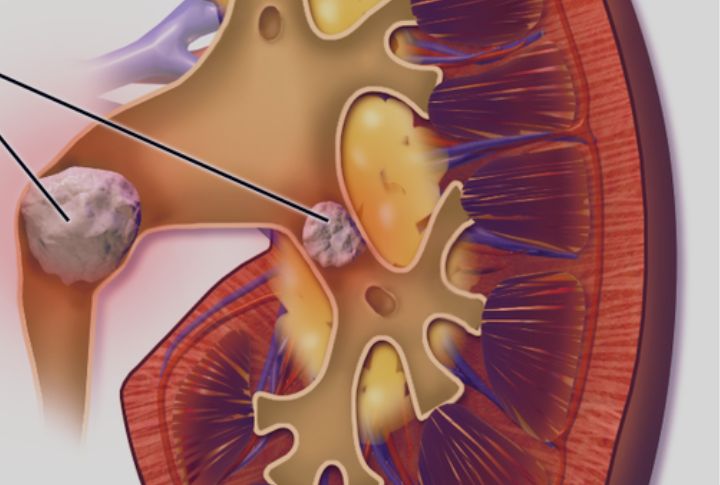
Space travel pulls calcium from bones, flooding the urine with mineral deposits. In microgravity, urine pools instead of draining properly, which makes stones more likely to form. A significant percentage of astronauts develop stone-forming conditions. One Apollo crewmember suffered symptoms shortly after reentry, underscoring the risk.
Fluid Balance Goes Haywire In Space

In weightlessness, fluids redistribute toward the upper body. The kidneys, sensing this as fluid overload, respond by producing more urine. This triggers imbalances in blood volume and electrolyte levels. Without accurate gravitational cues, internal regulation goes off-track, leading to unintentional fluid loss and instability.
Sodium Retention Escalates Cardiovascular Risk

Preserved foods contain extra sodium, which can put pressure on the kidneys. The body retains more water to compensate, straining the heart and vascular systems. High salt intake has also been linked to eye pressure and “moon face” in orbit, a side effect of altered intracranial pressure.
Radiation Can Quietly Damage Kidney Tissues

Cosmic rays bombard the body during deep space missions, injuring blood vessels and kidney structures. Unlike Earth, there’s minimal protection from this exposure. NASA projects that Mars-bound astronauts face greater risks of long-term kidney and cancer-related complications from radiation.
Urine Analysis Tools Don’t Work Well Without Gravity

Routine diagnostic gear relies on Earth’s gravity to function. Microgravity complicates standard urinalysis, as centrifuges and sediment tests behave unpredictably. Engineers must redesign basic testing tools, or astronauts may remain unaware of early kidney problems due to unreliable or unavailable onboard diagnostics.
There’s No Way To Perform Dialysis In Deep Space
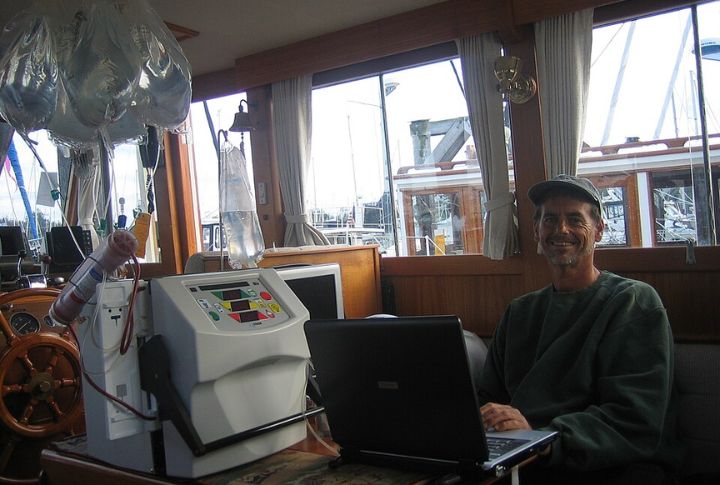
Dialysis requires massive machines, clean water, and waste management systems. These are impractical aboard spacecraft, as no human-rated microgravity dialysis system exists. Even animal tests remain limited. If kidneys fail on Mars, there’s currently no viable treatment, making prevention essential.
Dehydration Risk Increases Despite Water Recycling
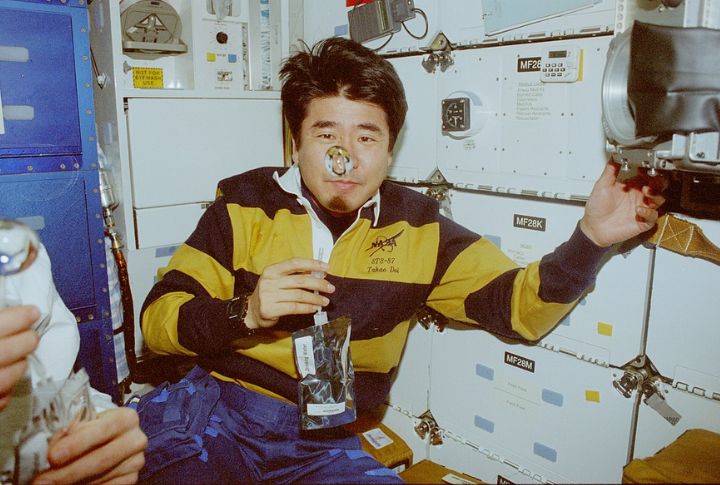
Astronauts often feel hydrated in orbit even when they’re not. Early mission urination gives a misleading impression of balance. But hydration management depends heavily on machinery. A single failure in the spacecraft’s recycling system could cut the water supply, pushing the kidneys into crisis mode fast.
Kidney Hormones Drop, Leading To Space Anemia

The kidneys produce erythropoietin, a hormone that stimulates the creation of red blood cells. In microgravity, output drops significantly. Astronauts experience “space anemia,” losing more of their red blood cells than usual over six months. Less oxygen transport means lower endurance and slower recovery times.
Muscle Breakdown Increases Toxic Load On Kidneys
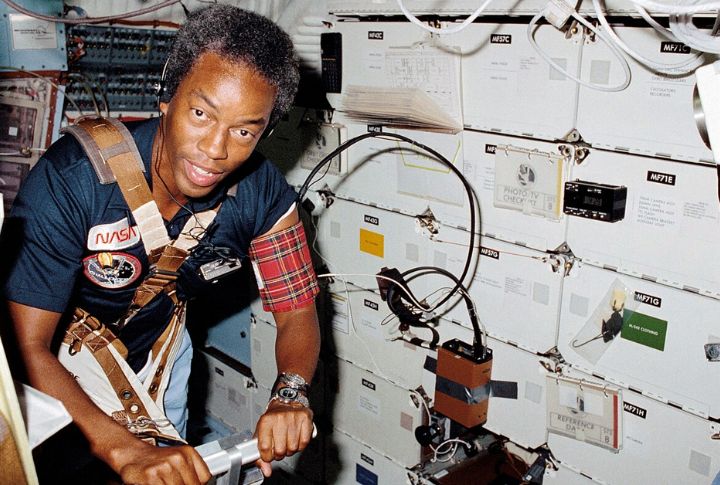
With less resistance in orbit, muscles atrophy fast. As tissues break down, nitrogenous waste builds up in the bloodstream. The kidneys work harder to remove it. Even with exercise, astronauts can lose some of their muscle mass in a couple of weeks.
Bacteria Grow Stronger And Infect Kidneys Faster

The immune system weakens in space, and bacteria become more aggressive. Strains such as Salmonella and E. coli have demonstrated increased virulence. Urinary tract infections, if untreated, can rapidly progress to kidney infections, especially when medical supplies and interventions are limited.
Exercise-Induced Kidney Strain Goes Unchecked

Daily workouts in orbit are key for slowing muscle and bone loss. However, they also release myoglobin, a protein that is harmful to the kidneys. With hydration already tricky, the risk of exercise-induced kidney stress increases. Monitoring these levels remotely is still a work in progress.
Renal Drug Processing Changes In Orbit

Medication behaves unpredictably in space. Reduced blood flow and altered filtration rates affect how the kidneys clear drugs. Standard dosages may lead to toxicity or become ineffective. Astronauts have shown atypical responses even to everyday medicines like acetaminophen, complicating treatment strategies.
Weightlessness Alters Kidney Location And Function

Floating organs in microgravity shift from their normal positions. The kidneys can rotate or move, which can disrupt urine drainage pathways. Imaging during Skylab missions confirmed organ displacement, suggesting physical changes that could impair kidney efficiency and lead to urine retention or pressure issues.
Genetic Expression Of Kidney Functions Changes In Space
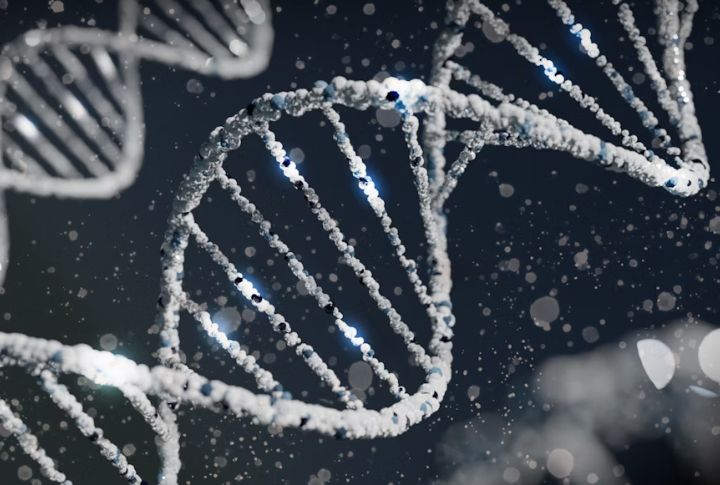
Spaceflight triggers changes in gene behavior. Some renal transport and repair genes exhibit different behavior in orbit. NASA’s Twins Study revealed that some of astronaut Scott Kelly’s genes changed, including those linked to kidney regulation, which indicates long-term alterations in organ function.
Lack Of Organ Replacements Increases Renal Risk

There are no spare kidneys in space. Transplants require infrastructure that doesn’t exist off-Earth. Artificial kidneys are far too heavy and complex to include in current missions. A failing kidney on Mars would be untreatable, turning even minor damage into a critical emergency.
Microgravity Reduces Blood Flow To The Renal System

In Earth’s gravity, blood naturally flows to the kidneys. Microgravity disrupts this, lowering renal perfusion and slowing filtration. Post-mission assessments show decreased glomerular filtration rates. Reduced blood flow means slower waste removal, which can accumulate and trigger systemic effects.
No Treatments Exist For Acute Kidney Injury In Orbit
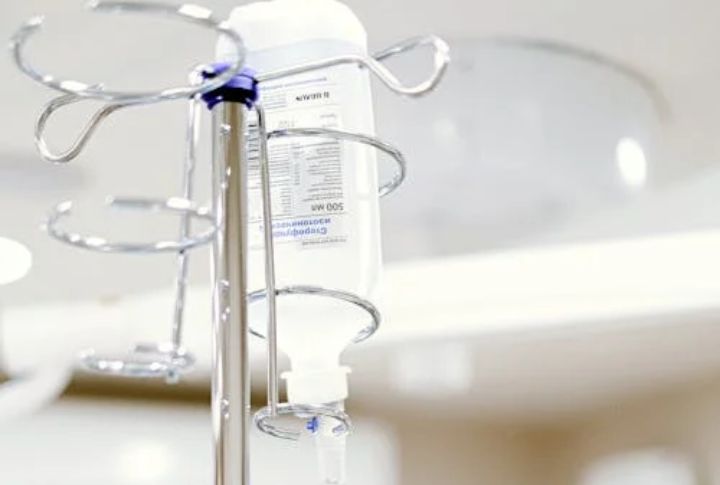
Acute kidney injury (AKI) happens fast from dehydration, trauma, or toxins. Without IV fluids or dialysis, treating AKI in space is nearly impossible. One in five ICU patients on Earth suffers from AKI, and astronauts won’t have access to even basic interventions.
Space Suits Hinder Urination And Kidney Monitoring

During long spacewalks, access to a restroom isn’t an option. Absorbent garments or catheters are used, which can increase the risk of infection. Astronauts may delay urination, which can stress the kidneys. Current suits offer no real-time urine data, which makes it difficult to catch emerging renal issues.
Early Renal Decline Goes Undetected For Too Long

Kidney damage rarely shows clear warning signs early on. Symptoms like tiredness or reduced appetite can easily be dismissed in orbit. Without access to routine blood tests, astronauts may miss subtle declines until function drops dangerously low, potentially too late.
Kidney Stress Could Be Amplified By Martian Gravity
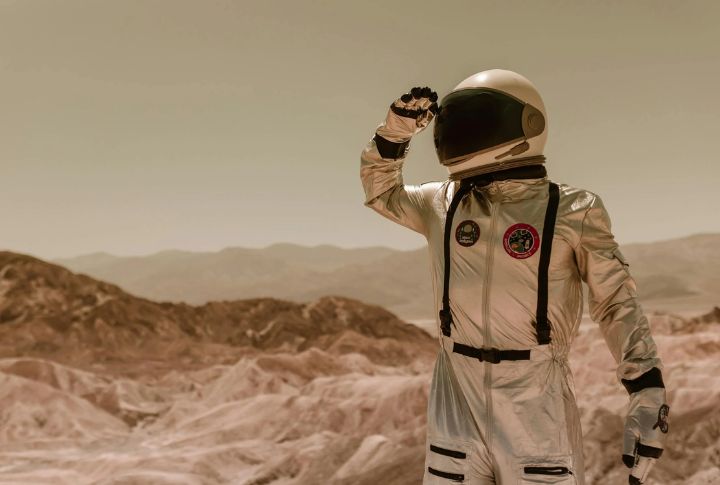
Mars’ gravity falls between Earth’s and zero gravity. This partial pull may interfere with adaptations developed in orbit. Scientists don’t yet know how kidneys respond to fractional gravity. Without long-term studies, mission planners face uncertainty about how kidneys will behave once astronauts land.

